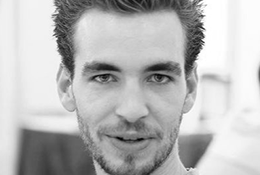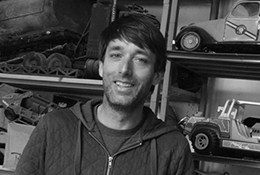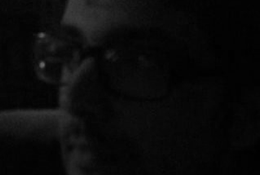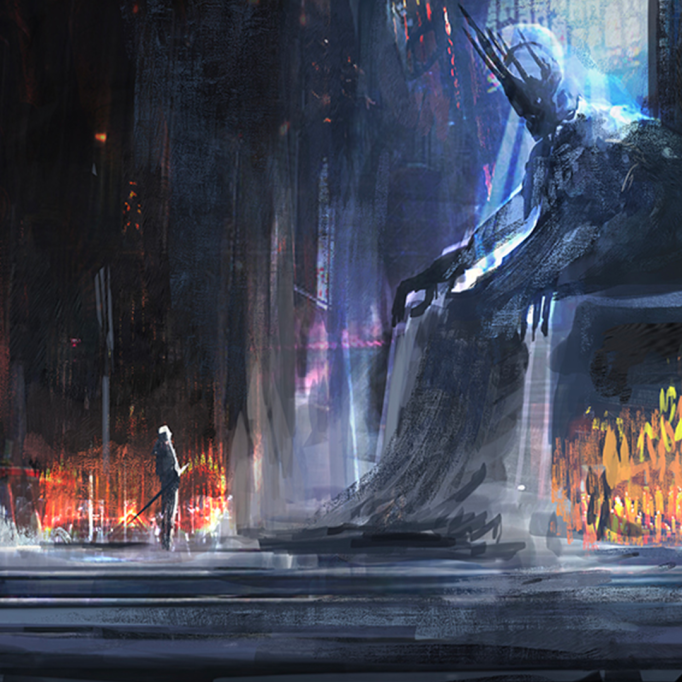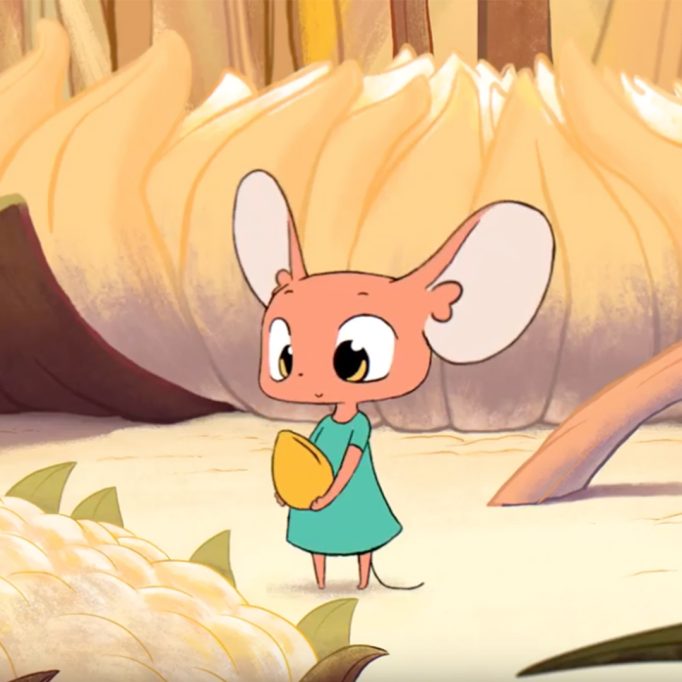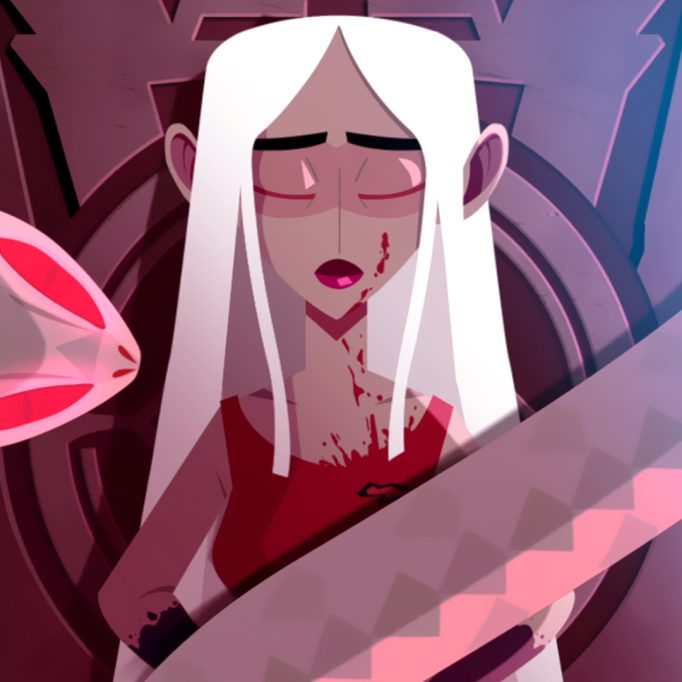Short course 2023 – Character Artist for Production
From June 19 till July 13
ECV Paris is offering a new program, with an evolving learning path over 1 month. The Summer course engages notions about character design in the context of an animated film or series, it is a narrative and graphic device. This program is taught in English and opened to French and international students.
The workshop will be supervised by 2D referents, who will help you throughout the different stages. Each step will be taken care of by the professional speakers who will ensure a masterly part and the application.
Apply now to take part of the next summer course in Paris! The opportunity to try out the character design for production.
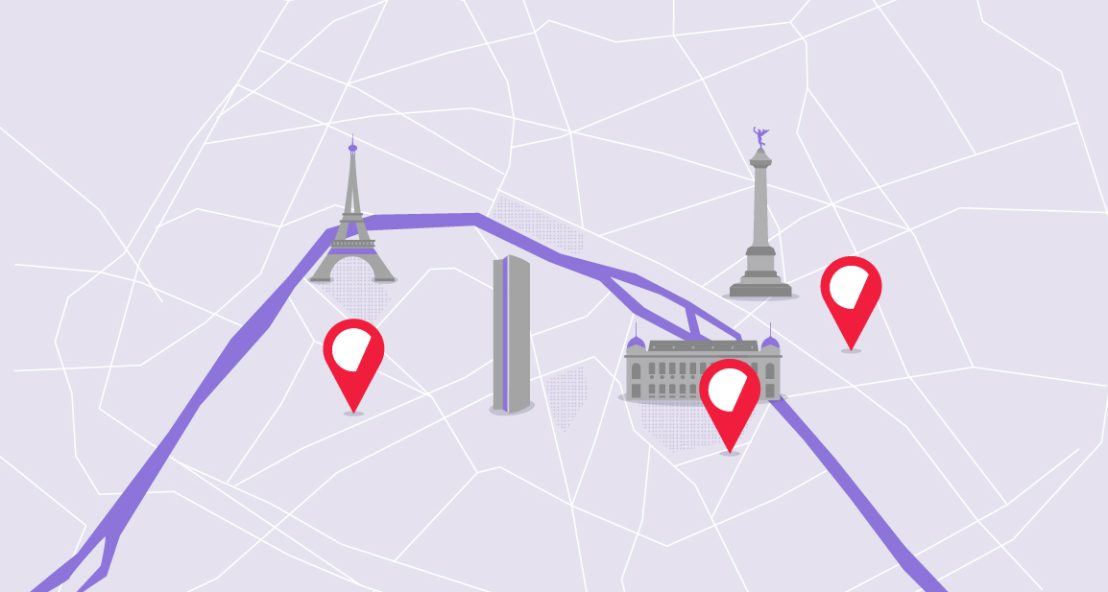
ECV Paris – Campus
ECV was founding in 1984 in Paris. Establishing itself in the world capital of arts and culture has led to the development of numerous partnerships with major institutions in the fields of Design, Animation, Digital and Video Game. The schools are located in historic districts of Paris and are easily accessible by public transport.
Workshop supervised by 2D referents
About the 2D Program
1 Week
1 – From idea to technical document
This workshop aims to highlight the volumes and rules necessary to build a convincing character for an animated film, a series, a video game, a trailer etc. You will be introduced to several research methods, and will be able to discover the mission of the character designer within a production. At the end of this first week, you will be able to deliver one or more characters in the rules of art, in a “production compatible” format.
2 – Live model workshop
Poses, attitudes, morphotype
From a live model (theatre/acting), the participants will be able to deduce or transcribe what builds an attitude in order to create various expression boards. First, you will discover the synthetic modules, then we will have to inhabit these modules with attitudes, then we will derive these attitudes on different “morphotypes”. The model will thus be used to embody the different archetypes.
Goals :
- Learn the synthetic modules that make up the structure of a face, a body, a woman, a man.
- To visually translate bodily and behavioural attitudes.
- Understand the few anatomical realities that will be protected even when creating a cartoon character.
3 – Chara Design
In this workshop, theoretical notions will be presented, and bibles will be proposed so that you can try your hand at transposition, at finding characters in production conditions. Creative exercises will be proposed in order to short-circuit the participants’ personal library and to engage in rich research work. Before being a graphic element that will occupy the screen for a good part of the time, a character is a piece of text, a paragraph in a literary bible, upstream of visual pre-production.
The character designer is one of those roles that benefit from understanding the stakes of the script, and whose mission is to throw into the screen the most convincing designs, the most faithful to their roles in the story. To do this, in text and image, there are universal rules, archetypes that span different cultures, and highly evocative symbolic forms that are useful to know.
Goals:
- Understand the role of a character designer within a production
- Determine the needs of a character (technique used / roles)
- Choosing a good research angle
- Creating several characters from a literary bible (pre-production document)
4 – Valuation of work
Layout, clean, knowing how to present your work
Presenting one’s work as part of a commission for a film or a series means putting our graphic research on stage. To encourage the team to make a selection, it is sometimes necessary to present our character in a more evocative situation than a simple turn around.
Furthermore, if we know the needs of the character in the story, it is a question of the designer graphically solving the challenges he represents. The research boards must meet several criteria, you will be accompanied to present one or several archetypes for the following weeks.
Goals :
- Delivering effective graphic research work
- Produce plates for the production line
2 & 3 Week – Making a upset for stop motion
Modelling, mould making (negative) and skeleton creation
You will make a real model of one of the characters developed during the first week in plastiline. Once the sculpture has been made, they will follow the steps for making an animation puppet. Making the negative impression, moulding in silicone, then painting to colour the puppet.
- Goal: Transposition of the 2D model into volume to produce a puppet ready for stop motion animation
4 Week – Animation test
Carrying out different animation tests with the puppet produced during the previous weeks. Work on the characteristic pose and animation cycles: steps, body mechanics, acting, etc. filmed in stop motion.
- Goal: Bring the puppets to life by implementing the characterisation developed during the first week of the workshop
General information
Level required
→ The minimum level required is end of 3rd year Animation Bachelor degree.
→ Summer session is open to Master’s students in animation, and to alumni wishing to complete their training.
→ English level requirement :B2 or equivalent. We don’t require anyEnglish test to confirm your application. As the program offered is in English, ECV assumes that when you apply, you are able to understand and express yourself in English.
Location
Dates: from June 19 till July 13
→ ECV PARIS – 17 Rue Péclet, 75015 Paris
Transport, accommodation and food are not covered by the school.
Fees
Student & Alumni → 1300€
Apply before May 1st and save 310€, only 990€!
Fee includes the supervision and the material necessary for the realisation of the summer session.
Materials
The materials needed for the workshop will be included in the fee.
For week 4, students should bring a smartphone with a camera on which they will install a specific application.
How to apply?
Do you interested in the short course? Follow the steps below to take part of the next session:
1- Send your application – before May 20
Contact the international office at international@ecv.fr
- Name / Family name
- CV
- Motivation letter
2- Reply
The International Office will contact you to confirm your registration depending your profile and the number of available places.
3- Once confirmed
Book your trip in Paris!
- Deadline to apply: May 20
- Payment must me made by bank transfer before June 1st at the lastest.
- Places are limited to 20 students. In case there are less than 10 participants, ECV PARIS reserves the right to cancel the summer session.

